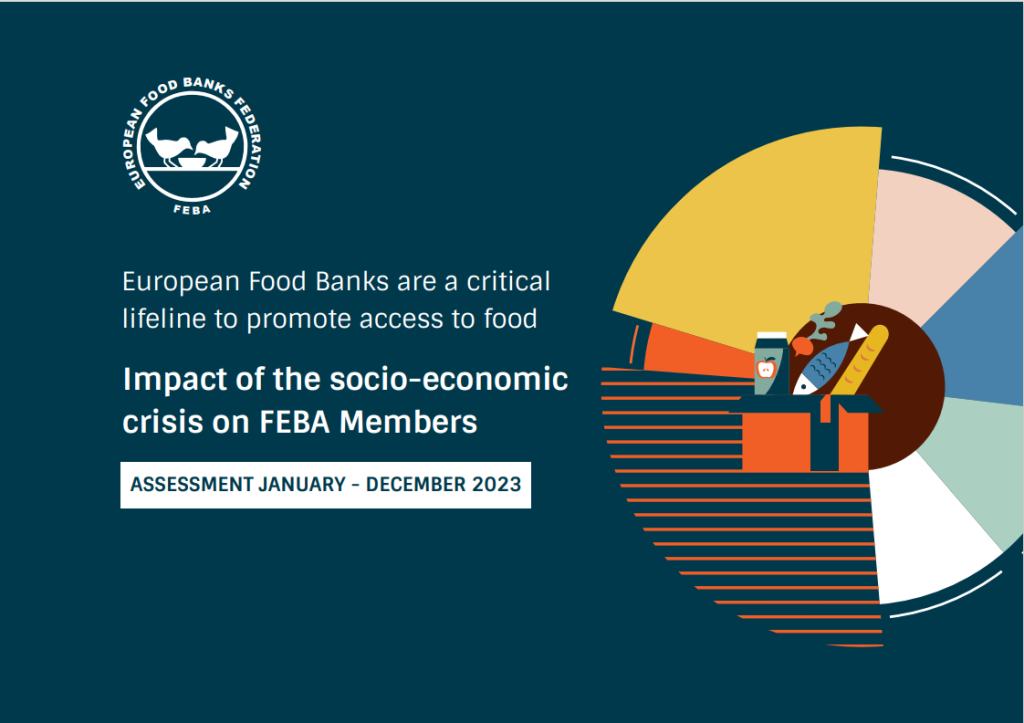The socio-economic crisis and its repercussions continue to take a heavy toll on Europe, with vulnerable societal groups bearing the brunt. Households with no or low purchasing power are hit particularly hard by the growing cost of basic necessities and thus, many face the dilemma of heating their homes or providing nutritious meals to their children, or must decide between buying cooking gas or personal hygiene products.
In these difficult circumstances, Food Banks play a crucial role in alleviating the pressure on charitable organisations that provide material assistance to those struggling to make ends meet. However, efficiently and safely recovering and storing fresh, perishable goods in particular comes at a cost. As a result, spiralling prices for electricity, fuel, and rent eat into Food Banks’ operational budget, while the demand for food continues to rise in most European countries, putting their capacity under pressure.
The European Food Banks Federation (FEBA) circulated a tailored, in depth survey in April 2024, with the intention of collecting evidence based insights into the implications of the persisting cost-of-living crisis on the operations of Food Banks and the profile of end beneficiaries supported through charitable organisations.
The aggregated and analysed results presented in this report disclose the impact of the challenging socio-economic circumstances on FEBA Members who are working daily to recover, collect, and redistribute food to a network of charitable organisations providing food assistance to people in need across Europe. The gathered quantitative and qualitative data covers the period from January to December 2023 and is based on the responses of 29 FEBA Members.




